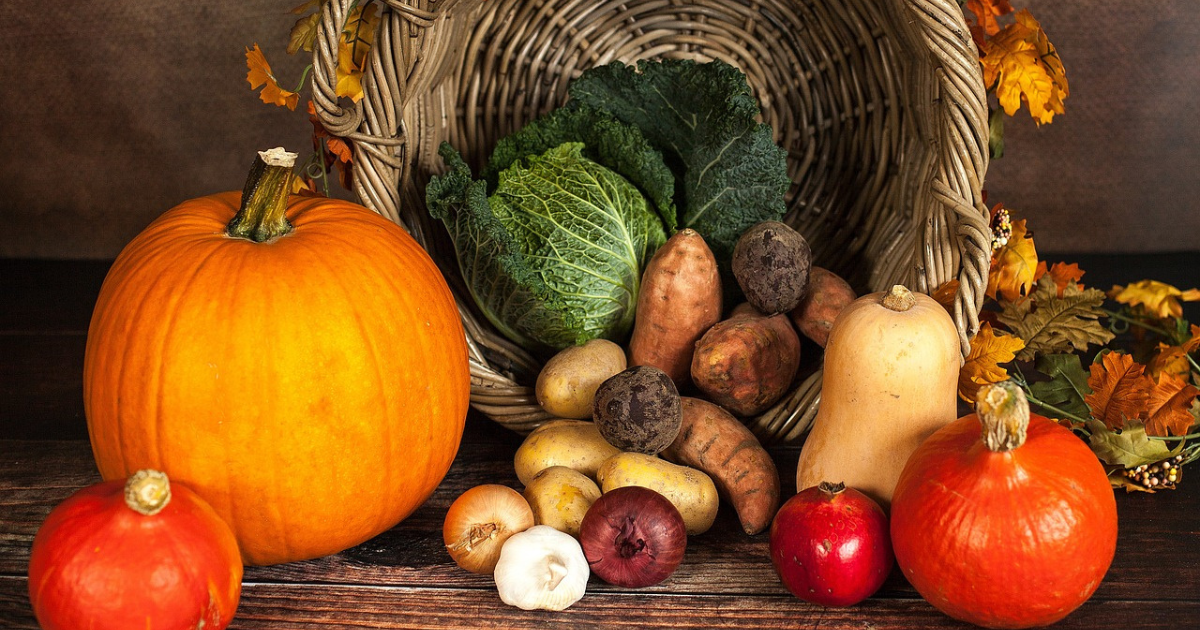Imagine stepping into your garden, the warmth of the sun kissing your skin and the earth’s rich aroma enveloping you. You kneel beside your thriving vegetable plants, marveling at their vibrant colors and promising yields. You’ve put in the effort—watering, weeding, and nurturing them—but as you observe their growth, you may wonder: how can I give them the best chance to flourish? The answer lies in the power of organic fertilizers. These natural solutions support plant growth and enrich the soil, creating a sustainable environment for your beloved vegetables.
This comprehensive guide will teach you everything you need to know about organic fertilizers, from their benefits to practical application methods. Let’s dive in and empower your gardening journey!
advertisement
Table of Contents
Understanding Organic Fertilizer for Vegetables
What is Organic Fertilizer?
Organic fertilizer is derived from natural sources, such as plants and animals, and is designed to enrich the soil with essential nutrients. Unlike synthetic fertilizers, which can harm the ecosystem and disrupt soil health, organic options promote sustainable gardening practices. By opting for organic fertilizers, you can enhance the growth of your vegetables while safeguarding the environment.
Critical Benefits of Organic Fertilizers
- Environmental Impact: Organic fertilizers reduce chemical runoff and pollution.
- Soil Health: They enhance soil structure, aeration, and moisture retention.
- Nutrient Diversity: Organic fertilizers provide a broader range of nutrients than synthetic options, supporting overall plant health.
The Importance of Soil Health
Healthy soil is the foundation of a successful garden. A living ecosystem filled with microorganisms plays a crucial role in nutrient cycling. Using organic fertilizers contributes to this vibrant ecosystem, ensuring that your soil remains rich and fertile.
How Organic Fertilizers Improve Soil Health
- Microbial Activity: Organic fertilizers boost beneficial bacteria and fungi, essential for breaking down nutrients.
- Soil Structure: They help improve soil texture, making it more porous and capable of holding water and nutrients.
- Nutrient Retention: Organic matter increases the soil’s ability to retain nutrients, reducing the need for frequent applications.
advertisement
Types of Organic Fertilizers
Common Organic Fertilizers for Vegetables
Understanding the various organic fertilizers available will help you make informed decisions tailored to your garden’s needs. Here are some of the most popular options:
- Compost: Rich in nutrients and microorganisms, compost improves soil structure and fertility.
- Manure: Animal manures, such as chicken, cow, or horse, provide essential nutrients. Ensure it’s well-composted to avoid burning plants.
- Bone Meal: A great source of phosphorus, bone meal promotes root development and flowering.
- Blood Meal: This nitrogen-rich fertilizer encourages leafy growth and benefits leafy greens.
- Fish Emulsion: Packed with nutrients, fish emulsion is a fast-acting liquid fertilizer that promotes robust growth.
Benefits of Each Type
Each type of organic fertilizer has unique benefits, making them suitable for different vegetables and gardening conditions.
- Compost: Enhances microbial activity and improves soil texture.
- Manure: Offers a balanced nutrient profile; remember to use it sparingly.
- Bone Meal: Ideal for root vegetables like carrots and potatoes, promoting robust root systems.
- Blood Meal: Best for leafy vegetables such as spinach and lettuce, providing a quick nutrient boost.
- Fish Emulsion: Works well for almost all plants; use it as a foliar spray for immediate nutrient uptake.
How to Use Organic Fertilizers
Application Methods
Knowing how to apply organic fertilizers properly is crucial for maximizing their benefits. Here are some effective methods:
Soil Incorporation
Before planting, mix organic fertilizer into the soil to provide a nutrient-rich foundation for your vegetables.
- Test your soil to determine nutrient needs.
- Apply the recommended amount of organic fertilizer based on soil test results.
- Mix it thoroughly into the top 6-12 inches of soil.
Top-Dressing
advertisement
This method involves applying fertilizer on the soil’s surface during the growing season.
- Apply organic fertilizer around the base of established plants.
- Lightly work it into the soil without disturbing the roots.
- Water thoroughly to help the nutrients penetrate the soil.
Liquid Fertilizers
Liquid fertilizers can provide immediate nutrients and are particularly useful for quick boosts.
- Dilute the liquid fertilizer according to package instructions.
- Apply it directly to the soil or as a foliar spray in the early morning or late afternoon to avoid leaf burn.
Timing Your Fertilization
Timing is essential when fertilizing your vegetable garden. Understanding your plants’ growth stages can help you decide when and how much to apply.
- Before planting, organic fertilizers should be incorporated into the soil to prepare it for new growth.
- During Growth: Apply top-dressing or liquid fertilizers every 4-6 weeks, depending on the crop.
- Harvest Time: Stop fertilizing a few weeks before harvest to allow plants to focus on fruit and vegetable development.
Recipes for Homemade Organic Fertilizers
Creating organic fertilizers can be a rewarding and cost-effective way to nurture your garden. Here are some simple DIY recipes:
Simple DIY Organic Fertilizer Recipes
| Recipe Name | Ingredients | Instructions |
|---|---|---|
| Banana Peel Fertilizer | 2-3 banana peels, water | Blend peels with water; apply directly to the soil. |
| Coffee Ground Mix | 1 cup coffee grounds, 1 cup compost | Mix together and spread around plants for an extra nitrogen boost. |
| Epsom Salt Solution | 1 tbsp Epsom salt, 1 gallon water | Dissolve in water and use to water plants monthly, especially for tomatoes. |
Best Practices for Using Organic Fertilizer
Tips for Success
To make the most of your organic fertilizers, consider these best practices:
- Test Your Soil: Regular soil testing helps you understand nutrient deficiencies and tailor your fertilization plan.
- Follow Recommended Rates: Avoid over-fertilization by adhering to package guidelines.
- Monitor Plant Health: Monitor your plants for signs of nutrient deficiencies or excesses, adjusting your fertilization accordingly.
Common Mistakes to Avoid
When using organic fertilizers, be mindful of these common pitfalls:
- Overuse: Too much fertilizer can lead to nutrient burn and environmental harm.
- Neglecting Specific Needs: Different vegetables have unique nutrient requirements; tailor your approach accordingly.
- Inappropriate Timing: Applying fertilizers during extreme weather can hinder nutrient absorption.
Frequently Asked Questions
FAQ about Organic Fertilizer for Vegetables
- What is the best organic fertilizer for vegetables?
- The best organic fertilizer depends on your specific needs. Compost is a great all-purpose option, while bone meal is ideal for root vegetables.
- Can I use organic fertilizer in container gardens?
- Absolutely! Just make sure to adjust the quantities based on the size of your containers and the specific needs of your plants.
- How often should I fertilize my vegetable garden?
- Generally, it would help to fertilize every 4-6 weeks during the growing season but constantly adjust based on your plants’ responses and specific growth stages.
- Is organic fertilizer safe for my family and pets?
- Yes, organic fertilizers are generally safer than synthetic options, but always follow application guidelines and avoid using fresh manure.
Conclusion
Embracing organic fertilizers is a transformative step toward nurturing your vegetable garden sustainably. By understanding the types of organic fertilizers available, their applications, and best practices, you can cultivate healthy, thriving plants that yield delicious produce. Remember, gardening is not just about the harvest; it’s about connecting with nature and enriching the earth.
Are you ready to take your gardening to the next level? Start implementing these organic fertilizer strategies today, and watch your garden flourish like never before! If you have any questions or need more tips, feel free to reach out or comment below. Happy gardening!


